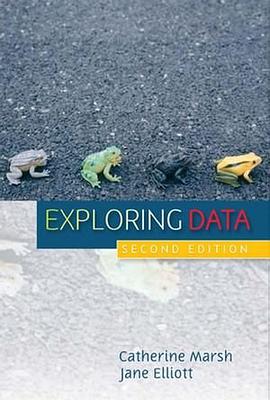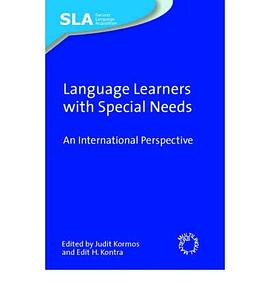

具体描述
The sensuous human form-elegant and eye-catching-is the dominant feature of premodern Indian art. From the powerful god Shiva, greatest of all yogis and most beautiful of all beings, to stone dancers twisting along temple walls, the body in Indian art is always richly adorned. Alankara (ornament) protects the body and makes it complete and attractive; to be unornamented is to invite misfortune. In The Body Adorned, Vidya Dehejia, who has dedicated her career to the study of Indian art, draws on the literature of court poets, the hymns of saints and acharyas, and verses from inscriptions to illuminate premodern India's unique treatment of the sculpted and painted form. She focuses on the coexistence of sacred and sensuous images within the common boundaries of Buddhist, Jain, and Hindu "sacred spaces," redefining terms like "sacred" and "secular" in relation to Indian architecture. She also considers the paradox of passionate poetry, in which saints praised the sheer bodily beauty of the divine form, and nonsacred Rajput painted manuscripts, which freely inserted gods into the earthly realm of the courts.
By juxtaposing visual and literary sources, Dehejia demonstrates the harmony between the sacred and the profane in classical Indian culture. Her synthesis of art, literature, and cultural materials not only generates an all-inclusive picture of the period but also revolutionizes our understanding of the cultural ethos of premodern India.
作者简介
Vidya Dehejia holds the Barbara Stoler Miller Chair in Indian Art at Columbia University. She was chief curator and deputy director, as well as acting director, of the Freer Gallery of Art and the Arthur M. Sackler Gallery in Washington, D.C. She is an established scholar whose publications have ranged from ancient Buddhist art to the esoteric temples of North India, and from the sacred bronzes of the South to the art of British India. Her recent publications include Chola: Bronzes from South India; India Through the Lens: Photography, 1840-1911; Devi: The Great Goddess; and Delight in Design: Indian Silver for the Raj.
目录信息
Preface and Acknowledgments
1. The Body as Leitmotif
2. The Idealized Body and Ornament
3. The Sensuous Within Sacred Boundaries
4. To the Divine Through Beauty
5. Inserting the Gods in the World of Men: Rajput Painted Manuscripts
Afterword. The Body Revealed and Concealed: Issues of Intention and Perception
Notes
Bibliography
Index
· · · · · · (收起)
读后感
评分
评分
评分
评分
用户评价
*A great writer and her intriguing, fluent and clear writing on bodily ornamentation.
评分*A great writer and her intriguing, fluent and clear writing on bodily ornamentation.
评分*A great writer and her intriguing, fluent and clear writing on bodily ornamentation.
评分*A great writer and her intriguing, fluent and clear writing on bodily ornamentation.
评分*A great writer and her intriguing, fluent and clear writing on bodily ornamentation.
相关图书
本站所有内容均为互联网搜索引擎提供的公开搜索信息,本站不存储任何数据与内容,任何内容与数据均与本站无关,如有需要请联系相关搜索引擎包括但不限于百度,google,bing,sogou 等
© 2026 book.wenda123.org All Rights Reserved. 图书目录大全 版权所有




















